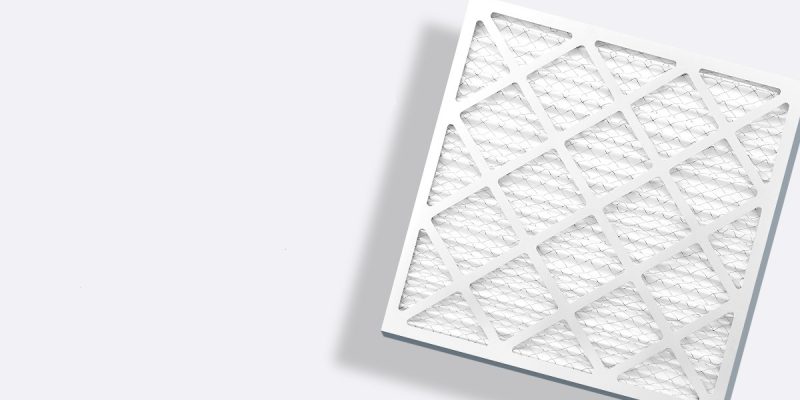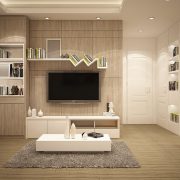Introduction
It is a very common question that many house owners may ask which air filter is the best on the market and whether it will be worth the investment. Using an air filter has become necessary in the last few years because indoor air gets contaminated very quickly due to particles, mold spores, smoke, moisture, and other microscopic allergens.
The primary function of an air filter is to purify indoor air by filtering out all the air pollutants before they settle within your house. If you are planning to buy an air filter for your system, check out this essential guide to learn some basic things to consider.
How to Choose a Good Air Filter?
A range of home air filters differs in size, materials, efficiency, and design. Since an air filter’s job is to capture dust and debris to reduce the amount of pollution, you must choose the best air filter that will give the best protection against air irritants. The right air filter projects the heating and cooling system from potential damage. This section of the article will help you to know different things to consider while purchasing air filters.
Size of the Filter
First, you have to figure out which size air filter you need for your system, For example 10x10x0.5 air filter. Air filters are typically placed next to the furnace or air handler. Once you choose a good air filter, ensure it fits in your system perfectly. To determine the right size of the filter, measure the height, width, depth, or thickness of the place you want to set up the filter. If the existing filter is perfect-fit, write down its size on the filter’s frame. Check the manual to know the proper dimension of the filter.
The amount of Filtration Level
Every HVAC filter improves indoor air quality by filtering out small particles, but too-dense filters make it harder to heat and cool the house efficiently. In extreme cases, it may even damage the furnace. Therefore, consider the right amount of air filtration level of your air filter that allows ample airflow through the air ducts while trapping air allergens. If you want to know the airflow requirements of your HVAC system, you should measure the static pressure.
MERV Rating
The Minimum Efficiency Reporting Value of MERV rating measures an air filter’s performance in capturing the number of airborne particles. The higher the MERV rating is, the better a filter can capture smaller particles. Filters with MERV 5 to MERV 8 ratings are suitable for residential settings. You may choose higher ratings for bigger commercial settings.
Different Types of Air Filters
All the air filters work effectively to improve indoor air quality but different air filters function differently to capture air allergens. Depending on your HVAC system’s requirements, you have to choose the suitable air filter model within your budget. Check out the following section to determine which filter size suits your HVAC unit’s needs. Here is the list of some most commonly used air filters.
- HEPA filters
- Electrostatic filters
- Washable filters
- Media filters
- Pleated filters
- UV light filters
- Spun glass filters
Conclusion
Ensuring good indoor air quality is essential, especially if it has members with respiratory issues. Suitable air filters can significantly differentiate between polluted air filled with particles and comfortable air that is easy to breathe. You can take the advice of our expert from Simply Filters to get a high-quality air filter for your HVAC systems.




















